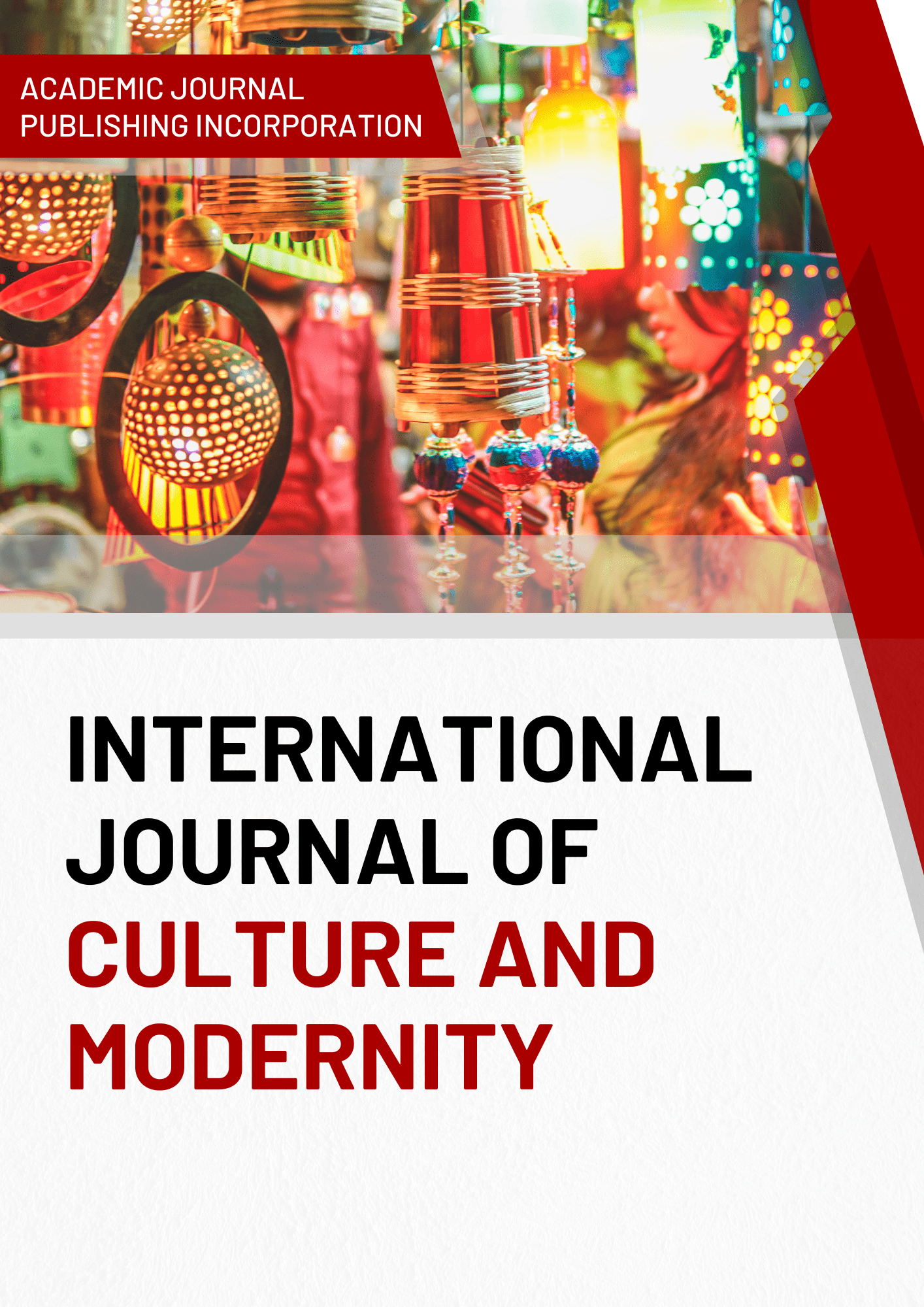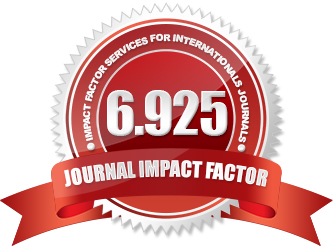The Spatiality of Gender Equality and Women's Leadership Positions in New Uzbekistan
DOI:
https://doi.org/10.51699/ijcm.v18i.397Keywords:
gender studies, women leadership positions, spatiality, feminist geography, gender equalityAbstract
This study is to contribute to the number of scientific works in social geography. Under the term “New Uzbekistan”, we will examine the impact of reforms on gender equality based on spatial analysis. Since this is the first time our study has been conducted, so, we first covered the theoretical background in more detail. We have made the field of feminism and gender studies scientifically linked to our research. We analyzed the impact of Gender equality and feministic approaches on the issues of women's leadership positions. The purpose of this paper is to analyze the work that needs to be done in the context of gender studies and to identify the research that needs to be done in the future. In addition, there are limited sources on feminist geography and gender study works in Central Asia, particularly in Uzbekistan. We then examined the proportion of women in the workplace in the new Uzbekistan and the spatiality of leadership positions for women. In the concluding section, we have provided our comments and suggestions.
References
Aculai, E., A. Bulgac, V. Gryga, O. Krasovksa, and O. Linchevskaya (2009) “Researching the Gender Aspect in Business Development (the Case of Moldova, Ukraine, and Belarus).” Lex ET Scientia International Journal 16(1).
ALEXANDER GALLAS (2010) “DICHOTOMY, DUALISM, DUALITY: AN INVESTIGATION INTO MARXIST CONCEPTUALIZATIONS OF STRUCTURE AND AGENCY”., ACADEMIA.EDU P.86.
ALICE H.EAGLY, AND LINDA L.CARLI (2003) “THE FEMALE LEADERSHIP ADVANTAGE: AN EVALUATION OF THE EVIDENCE” ELSEVIER, LEADERSHIP QUARTERLY, VOLUME 14, ISSUE 6, PP., 807-834.
Amy L. Kotsenas (2017) “Women in Leadership: Why So Few and What to Do About It” Journal of the American College of Radiology, Volume 14, Issue 4, Pages 450.
Bartold, Vasily (2020) “Turks. 12 Lectures on the History of the Turks of Central Asia”. Moscow: Yurayt Publishing house. p. 181.
Chandra Talpade Mohanty, Ann Russo, and Lourdes Torres (1991) “Third World Women and the Politics of Feminism”., Paperback. Indiana University Press, Article n3, pp.251, 275.
Chandra Talpade Mohanty (1984) “Under Western Eyes: Feminist Scholarship and Colonial Discourses”., JSTOR., pp.335-341.
Friederike Welter, David Smallbone (2010) “Institutional Perspectives on Entrepreneurial Behavior in Challenging Environments”.
Jiekuan Zhang et al., (2020) “Tourism and gender equality: An Asian perspective”.
Judith Lorber (2006) “Shifting Paradigms and Challenging Categories” vol.53, p.462.
Lorenzo Guarcello, Fabrizia Mealli, and Furio Camillo Rosati (2010) "Household Vulnerability and Child Labor: The Effect of Shocks, Credit Rationing and Insurance" January edition, Journal of Population Economics 23(1): pp. 169-198
Hamza Yusuf Hanson, John Taylor Gatto, Nabila Hanson, and Dorothy Sayers (2003) “Educating Your Child in Modern Times: How to Raise an Intelligent, Sovereign & Ethical Human Being”., Paperback., pp 82-93
Helen Pluckrose et al., (2020) “Cynical Theories”., pp.139-147., USA.
Manju Rani, Sekhar Bonu (2008) “Attitudes Toward Wife Beating: A Cross-Country Study in Asia”., https://doi.org/10.1177/0886260508322182
McCarthy, Cormac (2006) “The Road” New York: Vintage. [Google Scholar], p.22
Naomi Ellemers, Floor Rink, Belle Derks, Michelle K. Ryan (2012) “Women in high places: When and why promoting women into top positions can harm them individually or as a group (and how to prevent this)” Journal name: Research in Organizational Behavior., Elsevier., Volume 32, Pages 163-187.
Pauline Couper (2015) “A Student’s Introduction to Geographical Thought”, chapter 6, feminist geography.
Rosemarie Tong, Tina Fernandes Botts (2017) “Feminist Thought A More Comprehensive Introduction”, Routledge publication house. Chapters 1-3.
Sattar, Sarosh (2012) “Addressing the Gender Gap in Europe and Central Asia. Europe and Central Asia knowledge brief”; issue no. 54. World Bank, Washington, DC.
Stefan Schutte (2014) “Living with patriarchy and poverty: women's agency and the spatialities of gender relations in Afghanistan” Gender Place and Culture A journal of Feminist geography (21)
Stevi Jackson (2001) “Why a Materialist Feminism Is (Still) Possible—and Necessary” Women’s Studies International Forum 24, no.3–4.
Tim Cresswell (2012) Geographic Thought: A Critical Introduction., Feminist geography., pp. 147-165., Wiley-Blackwell edition.







